Turing Scheme boosts global placements beyond Europe

Disadvantaged young people make up the majority of international study placements, as new research on year one of the Turing Scheme is published today (3 January 2024). The government’s flagship Turing Scheme, which enables students to work and study abroad has proved a success, providing tens of thousands of young people across the UK with transformational opportunities.
Almost £100 million was allocated in academic year 2021-22 the schemes first year of operation so schools, colleges and universities across the UK could offer these one in a lifetime opportunity to their students.
- New research shows government’s flagship scheme for overseas study strengthened partnerships all over the world – not just those in Europe
- Students benefited from improved skills, confidence, and a richer international outlook from their placements
- Scheme has significantly boosted international placements for students from disadvantaged backgrounds
The Turing Scheme was introduced in 2021 to widen access to global opportunities in education and training following the UK’s departure from the European Union. It builds on the government’s ambition to level up and drive social mobility in parts of the UK where, historically, there have been fewer opportunities to study and work abroad.
The new research shows that in its first year alone the scheme has strengthened partnerships across the globe, beyond Europe. Now in its third year the scheme has gone from strength to strength with the latest figures showing that more than 40,000 students are set to benefit in 23/24 academic year, 60% of which are from disadvantaged background or underrepresented groups. This includes around 1,800 additional students from disadvantaged backgrounds in the Further Education sector alone compared to last year.
- Research finds around 90% (HE:89%, FE/VET:89% and schools: 90%) of providers credit flagship scheme for boosting participation in international placements for disadvantaged participants.
- Over 86% of participants reported improved skills and academic knowledge, confidence, and a richer international outlook from their placements.
- Over 80% of providers stated that relationships had been maintained in the Turing Scheme’s first year. Additionally, more than half of Higher Education providers who had previously delivered Erasmus+ said that they have been able to increase the volume of international placements offered through the Turing Scheme.
- HE providers were the most likely of the funding streams to report increased placement opportunities outside of Europe with almost two-thirds (65%) of HE providers saying they experienced this benefit. Around half (49%) of FE/VET and 39% of schools said they had increased opportunities outside of Europe with the funding.
The report also highlights how the scheme has supported universities, colleges and schools across the country to strengthen existing partnerships and develop links with a wider range of countries such as the USA, Japan and Canada, not just EU countries. Students reported benefits including a significant improvement in both skills and academic knowledge, and the opportunity to experience different cultures, fostering a richer international outlook that goes beyond traditional classroom learning.
Minister for Skills, Apprenticeships and Higher Education Robert Halfon said:
“The Turing Scheme is a real game-changer for students from disadvantaged backgrounds, empowering them with transformative opportunities abroad, a chance to experience other cultures and learn vital skills for life and work.
“It showcases our positive ambition post-Brexit, fostering a global outlook for more students who deserve every chance to thrive.
“Young people benefit from inspirational placements around the world, not just Europe, building the confidence and skills they need for their future, whilst bolstering the government’s drive for a Global Britain.”
Prof. Tom Bewick, CEO, Ecctis said:
“The Turing scheme demonstrates that by being ambitious for Britain, unshackled by a declinist mentality, our young people can experience study opportunities and cultural enrichment from all four corners of the globe.
“I’m particularly encouraged to see how Turing is reaching students from deprived communities, something the Erasmus scheme it replaced struggled to achieve. On the back of this success, I hope the UK government will be able to commit to the extension of the Turing scheme to 2030 and beyond.”
Emma Meredith, Director of Skills Policy and Global Engagement at the Association of Colleges (AoC), said:
“It is great to see the impact that the first year of the Turing scheme had in colleges across the country, especially for those students from disadvantaged backgrounds. We know how transformational international study placements can be for students, and it’s encouraging to see the that the scheme has supported colleges to strengthen and expand international partnerships all over the world.
“However, two years down the line there are still factors within the scheme that limit mobility for colleges, including barriers to partnership development and the omission of staff mobility. We are also concerned about increasing demand on the scheme as legacy Erasmus+ funding has run down in addition to ongoing system issues which impact on Turing project management and payments.
“It’s essential to keep evaluating and enhancing the Turing Scheme, but what the education sector really needs next from government is clarity on student mobility funding beyond 2024/25, so it can keep offering opportunities to future student cohorts to develop their personal, technical and employability skills.”
Students and Educators reflect on their experience of the Turing Scheme
Students can study and work in a wide range of areas including healthcare, the environment and construction at over 160 countries including Canada, Japan and the United States – alongside popular European destinations like Spain and France.
Students from Bellahouston Academy in Glasgow got a better understanding of the environmental concerns highlighted by the United Nations’ COP26 summit by visiting the forested outskirts of Reykjavik, whilst student nurses at the University of Bradford gained an entirely fresh perspective on healthcare after undertaking work placements across Africa.
A group of T Level students comprising of nursing, construction and IT students from Somerset also gained valuable knowledge and skills during a two-week Turing Scheme placement in Mississippi.
Jon Harding, International and Education Projects Manager at the college, said:
“Some of these students are on support funding on their courses and there were probably five or six who had never had a passport, hadn’t travelled out of Somerset and it was their first time on a plane.
“That impact for us was huge. We are in an area that, demographically, has a high level of families with low incomes and it was a big win for us that we could integrate students that probably wouldn’t have undertaken this, or similar trips, if the Turing Scheme funding wasn’t there. They wouldn’t have been able to afford to go.”
Year 5 pupils from Lanchester EP Primary School in Durham took a trip to India in January 2023 in the second year of the Turing Scheme. For many of the pupils, this was the first time they had left the UK.
Kate, a pupil from Lanchester EP Primary School said of the experience:
“During the week we did lots of fun stuff. We went to two different schools and learnt about children’s rights and what the children at the schools needed and wanted.
“Going on this trip has really changed my view of the world and it makes me want to travel more to learn about different cultures.”
Catering students from Southeastern Regional College in Northern Ireland got the chance to hone their skills with a trip to Tennessee. This trip was the first experience outside of Europe for all the participating students.
Student Ellie Hamilton, from Bangor, said:
“Learning about new foods and styles of cooking and how the line kitchen works – where the cook supervises a specific area of the kitchen and reports to the head chef – was very interesting.
“The trip has made me more culturally aware and more confident in my own skills and abilities.”
Entrepreneurial students from Nottingham Trent University boosted their business acumen and employability skills with a visit to Mexico.
Psychology student, Esi Cynthia Jacqueline Obiri, said:
“It was a once-in-a-lifetime experience that I would do over and over again if possible. It made me more confident and independent, and I gained valuable knowledge that I will apply to my future career.”
The government announced its plans for the Turing Scheme in December 2020, which would provide funding for international opportunities across the world. Erasmus+ only provided travel support to participants who travelled to Partner Countries, which was around only 3% of UK participants. The Turing Scheme provides funding for travel costs for disadvantaged HE students and funding for visas, passports and related travel insurance.
Details for the Turing Scheme’s fourth year will be announced shortly.


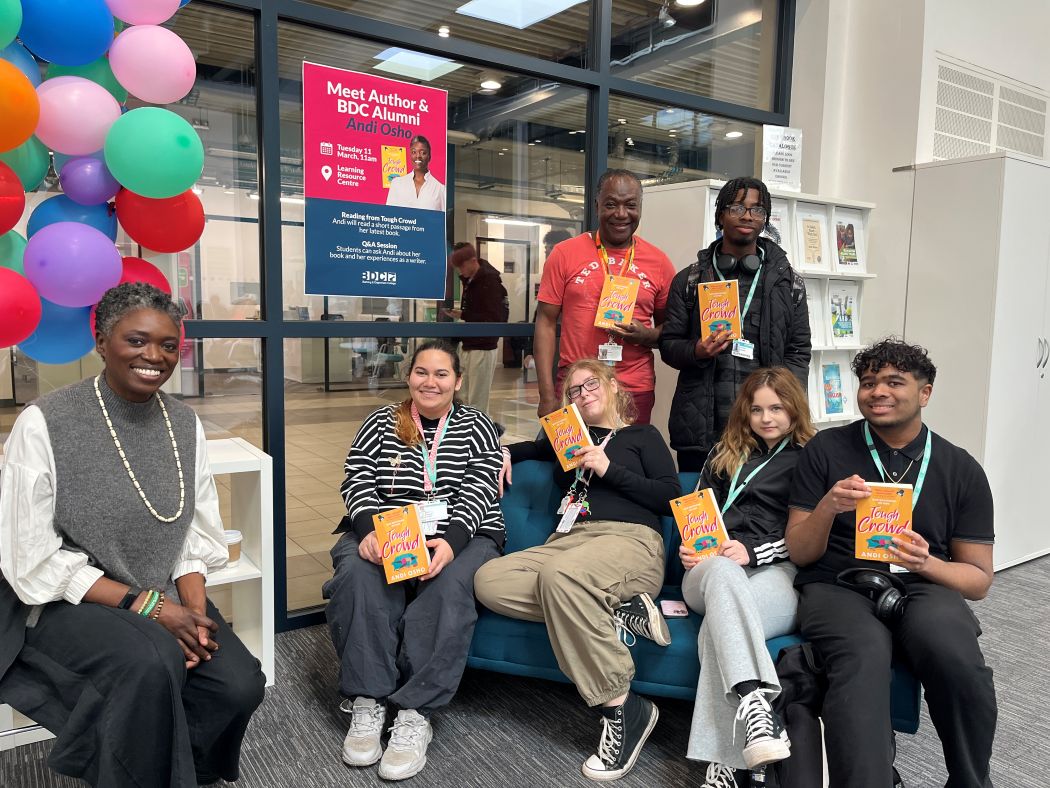
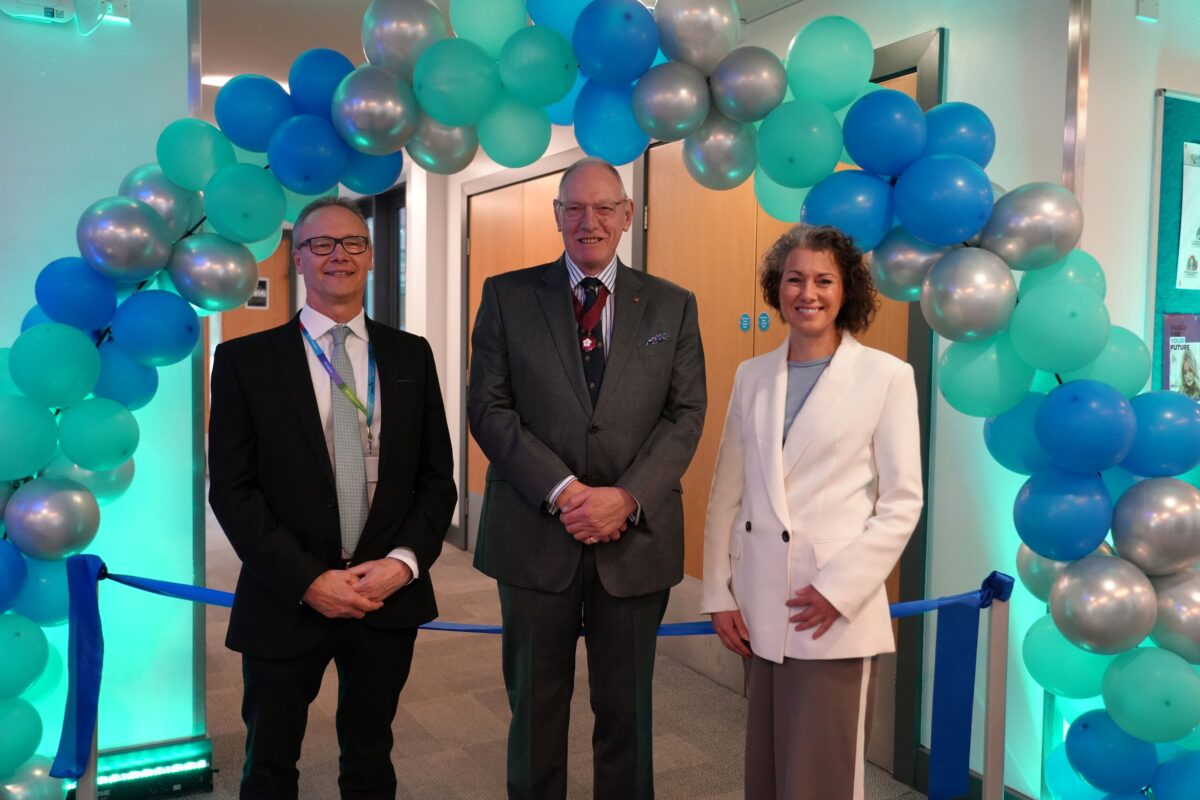
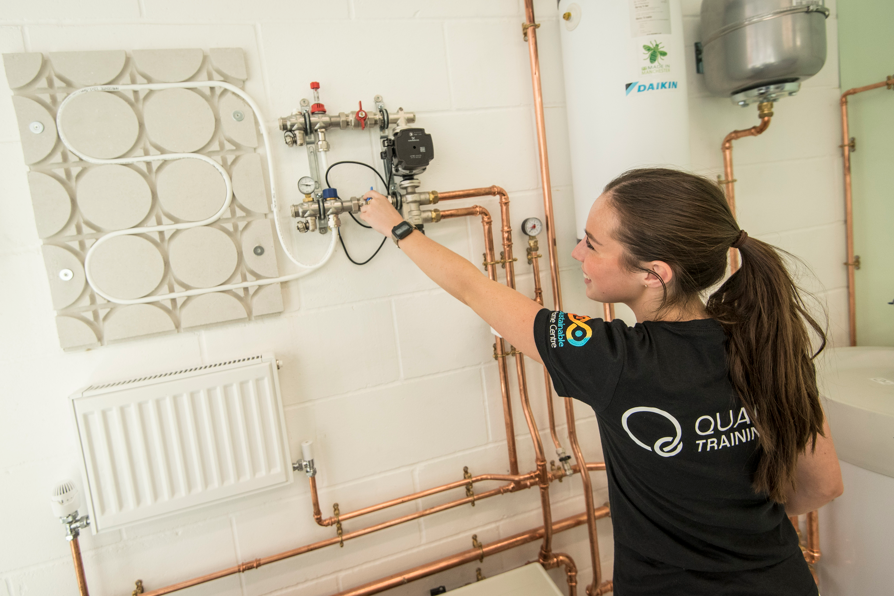



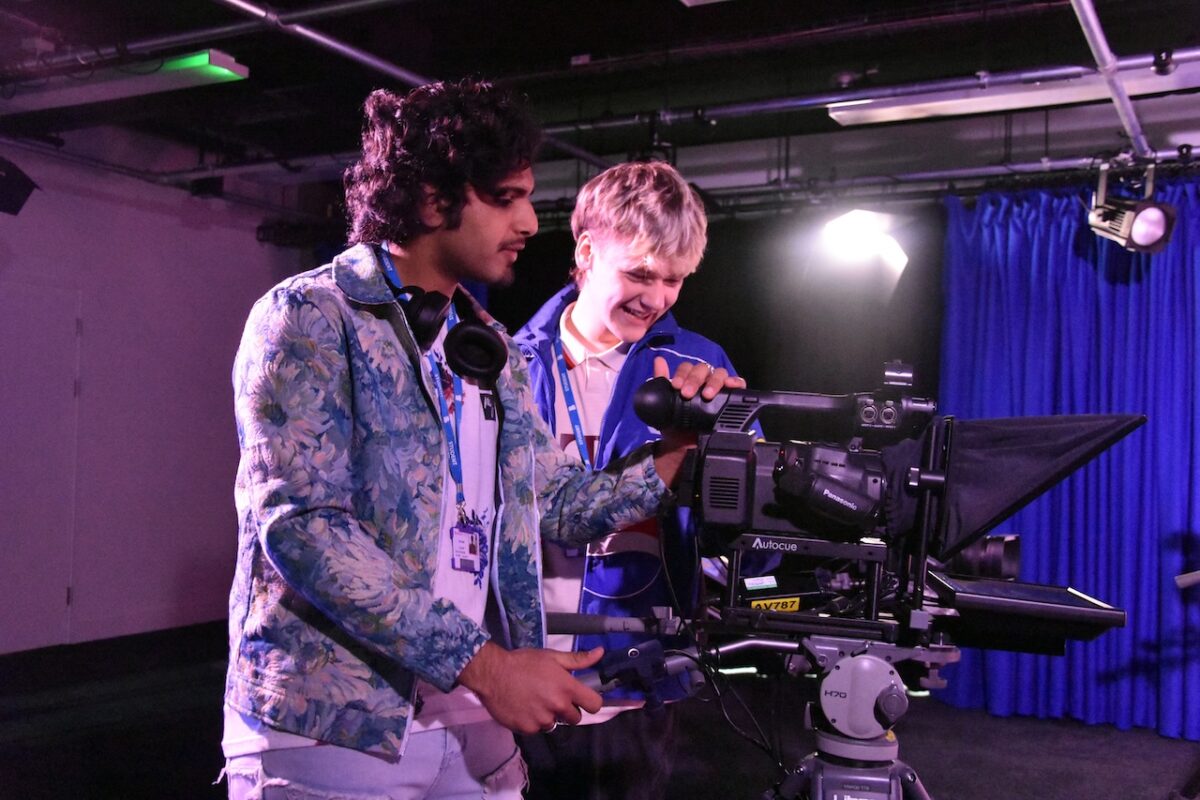
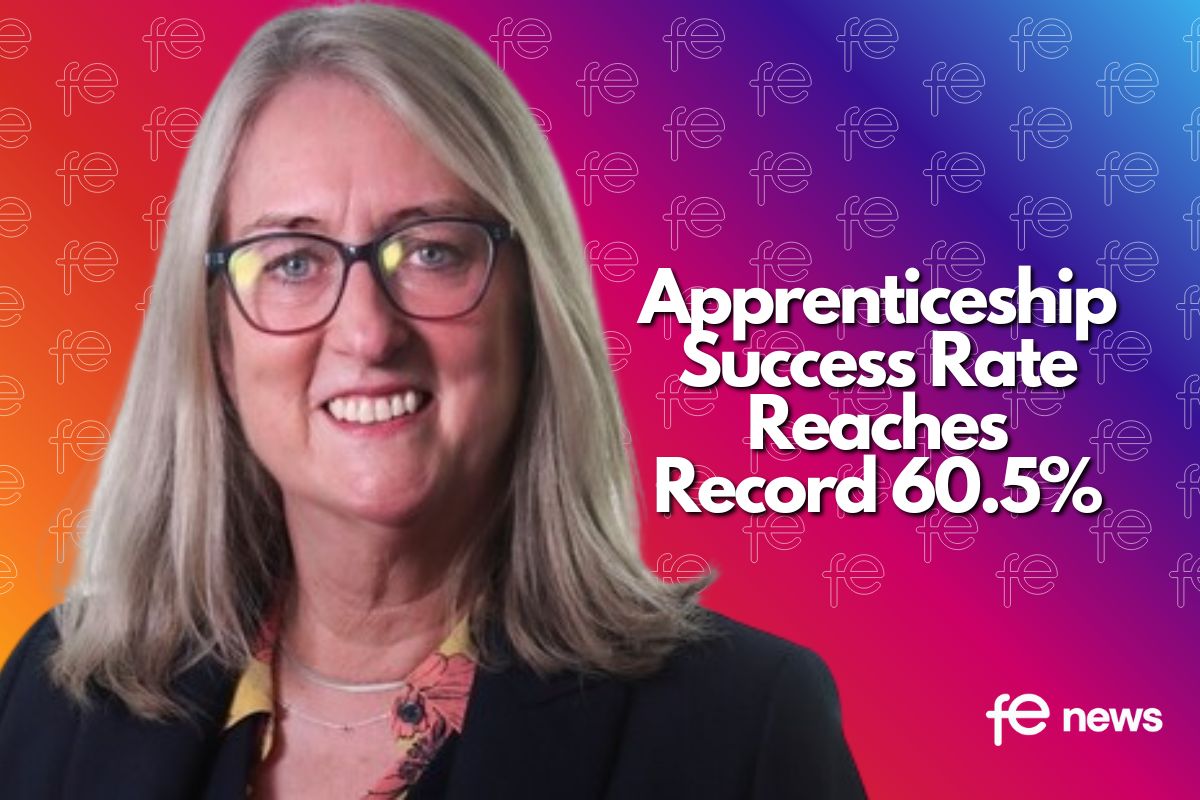

Responses